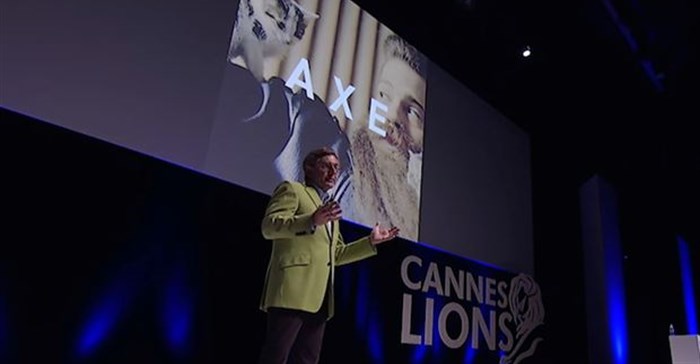
Top stories


ESG & Sustainability#BudgetSpeech2026: SRD grant unchanged, other Sassa social grants see hike
15 hours



More news












ESG & Sustainability
South Africa’s carbon tax should stay: climate scientists explain why









This is starting to take shape with more established entities realising the advantage that lies in collaborating with influencers to reach the right audience instead of sticking to the old tried and trusted means of advertising.

A perfect example of this comes in the shape of Unilever’s chief marketing and communications officer (CMO), Keith Weed who, according to a blog post on JWT, spoke about “The Future of Brands” in his keynote address at Cannes Lions 2016. In the talk, Weed spoke about how consumers engage brands that challenge stereotypes and address issues of environmental and social responsibility with a specific look at the typical stereotypical portrayal of women in advertisements:
In the same talk he stressed the importance of how brands need to start moving away from these (usual) stereotypes and be more progressive by challenging the status quo in their advertising campaigns. The same post goes on to highlight Weed stating two approaches as being the best representations for the future of brands, namely:
“It’s no longer enough for advertisements to speak to a certain age cohort or demographic – they must target individuals.”
“One of the best ways to reach individuals is through influencers and brand ambassadors." Weed explained how campaigns can be magnified by identifying “what people are talking about and who the power influencers are.” Unilever used supermodel Kendall Jenner to promote the launch of Magnum Double last year in Cannes. According to the company’s research, purchase intent goes up 5.2 times if campaigns use influencers, like celebrities.
